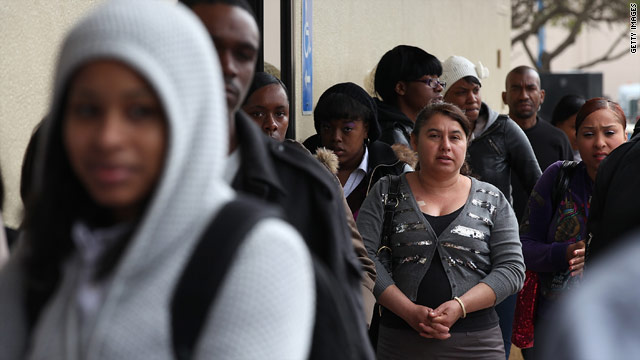
Editor's note: Annette Bernhardt is policy co-director of the National Employment Law Project, a national advocacy group for the rights of lower-wage earners. She was lead researcher on NELP's recent report, "A Year of Unbalanced Growth: Industries, Wages, and the First 12 Months of Job Growth After the Great Recession."
(CNN) -- We are starved for signs that the economy is picking up. So when McDonald's threw its doors open to hire 50,000 workers nationwide, media networks scrambled to film applicants lining up across the country for that increasingly elusive piece of the American dream -- a job.
The hirings were billed as a boost to the economy, and for a fraction of the country's 13.5 million unemployed, landing one of these jobs will be a huge and welcome relief.
But let's step back from the McDonald's public relations bonanza for a minute and recognize that nothing is great about low-wage jobs, even when they flood the economy by the thousands. Low-wage jobs subject families to unrelenting economic stress. They trap workers in dead-end careers, denying them the money and time to invest in education and new skills. And they rob local communities of middle-class incomes and stable households.








No comments:
Post a Comment